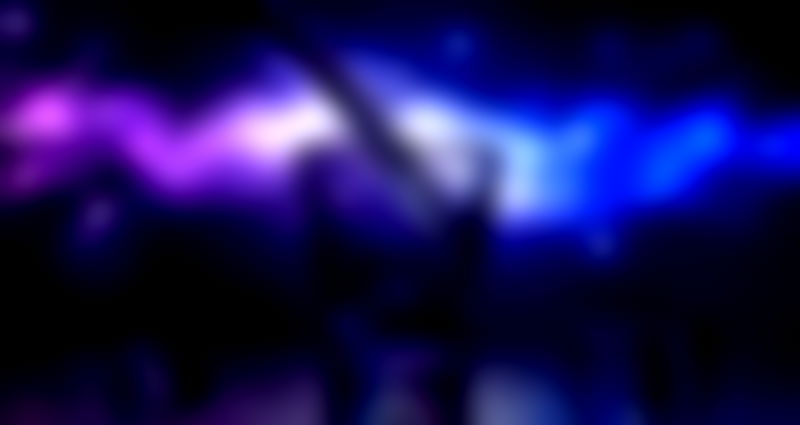‘Happy water’, a cocktail of 6 psychoactive substances, is on the rise in Southeast Asia



By Carl Samson
A powerful combination of six psychoactive substances that are dissolved in liquid to make a beverage known as “happy water” is reportedly on the rise in Southeast Asia, triggering a crackdown by authorities.
The literal cocktail, which appears to have gained popularity in recent months, is said to induce a state of euphoria without exhaustion, leaving users feeling “dreamy, active and energetic.”
Reports say the beverage produces an extended sensation of pleasure in situations such as playing games or having sex. The cocktail is also known to cause hallucinations.
Caffeine, diazepam, ketamine, MDMA (ecstasy), methamphetamine and tramadol reportedly compose the superdrug. It’s unclear whether all substances must be in the mix or if a combination of some would deliver the same effects.
In late April, authorities in Thailand ramped up their campaign against the drug following the arrest of an individual who allegedly sold it in entertainment venues across Pattaya. Investigators said the drug is popular among locals and foreigners visiting the city’s nightspots.
Last Friday, authorities in Myanmar announced that 497 grams of the drug had been seized in a Yangon operation that led to the arrest of four individuals. Each packet was reportedly being sold for 80,000 kyat (approximately $43). Similar to the cases in Thailand, the suspects allegedly sold the drug in bars and clubs.
As early as 2009, the United Nations Office on Drugs and Crime (UNODC) reported that a bottled beverage sold as “happy water” began to appear in China. The cocktail included ketamine and methamphetamine, but also had amphetamine, the generic name for Adderall.
Acute abuse of happy water can cause headaches, confusion, memory impairment, high fever, elevated blood pressure and loss of appetite, among other signs and symptoms. Long-term or high-dose abuse can cause insomnia, paranoia, persistent hallucinations, mental disorders, pleasure deficiencies and loss of body balance.
While there are no known fatalities attributed to happy water, the mixture of multiple synthetics can cause death. Inshik Sim, a researcher at UNODC, told Vice World News that other Southeast Asian countries should start paying attention to the dangers brought about by the drug.
“The key issue here is that some batches of ‘happy water’ may contain significant quantities of these substances compared to other batches, as there is no ‘quality control,’” Sim said. “When users consume those batches with high doses of these substances, a risk for overdose, and potentially fatality, increase significantly.”
The drug must be distinguished from the non-alcoholic drink Happy Water from the Chinese brand Shine Bee, which was banned by the country’s Food and Drug Administration in 2017 for containing a “first class psychoactive drug.” The beverage, likewise popular in bars and clubs, was found to be made from a psychoactive plant called Kava, which is native to Southeast Asia and the South Pacific islands.
Featured Image via Pixabay
Share this Article
Share this Article